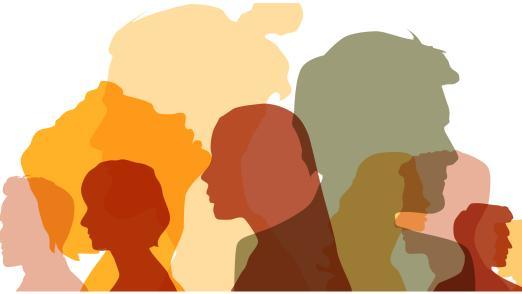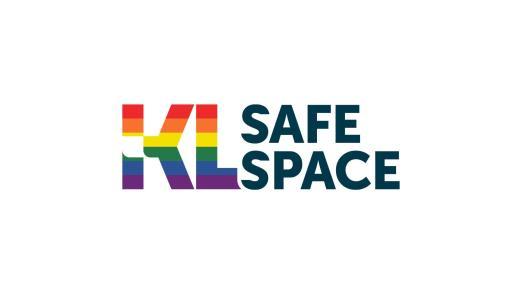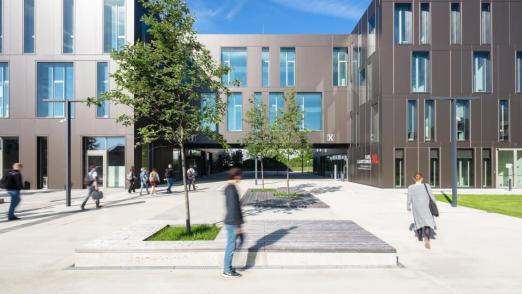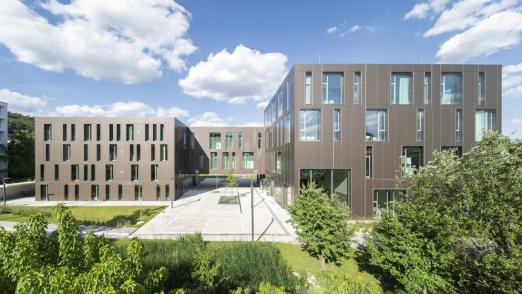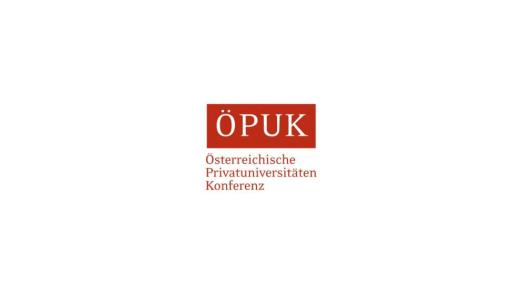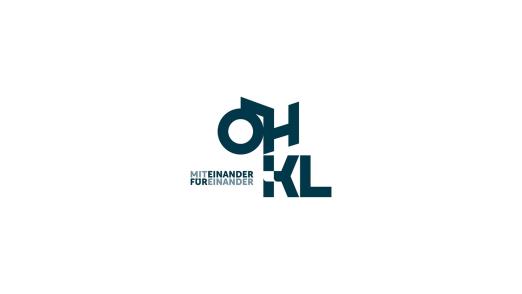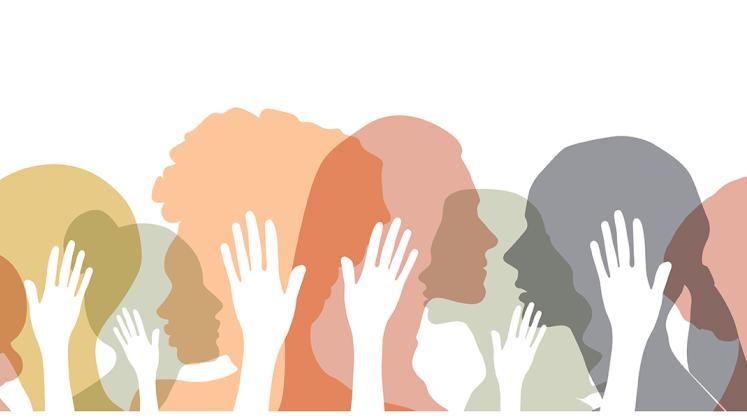
Diversity
Equal Opportunities for All - Diversity Management as a Prerequisite for a Modern Private University
Karl Landsteiner Private University for Health Sciences (KL) strives to work on increasing awareness of gender and diversity among students, teachers and researchers as well as in the organisation and administration. Furthermore, it is a concern of our university to develop a leading voice as an "advocate" for these topics in the public as well. KL sees corresponding concepts as an opportunity for new qualities in cooperation, for new approaches in teaching and for fruitful research cooperation.
Equality Plan of the Karl Landsteiner University for Health Sciences
With the Horizon Europe research framework programme, the European Commission has defined gender equality plans as a mandatory criterion for the award of research funding. Specific criteria and thematic areas are to be met or addressed. Gender equality plans are published strategic documents that start from an analysis of the gender equality problem and list concrete goals, measures and resources. Recommended topic areas are reconciliation of family/leisure time and work, equality in leadership and decision-making positions, equality in recruitment and career development, integration of gender equality dimensions in research and teaching, and creating an environment free of sexism, discrimination and (psychological) violence. The KL University Council approved the KL Gender Equality Plan at its meeting on 30.06.2022 at the request of the Rectorate (resolution of 23.06.2022).
Definitions of terms
Diversity refers to social and cultural diversity that has evolved in historical and social contexts and includes internal (e.g. age, gender, ethnic origin, sexual orientation, religion) and external (e.g. education, marital status, income) dimensions. Human commonalities and, above all, differences can bring with them challenging aspects, which is why targeted offers and measures should enable and promote non-discriminatory and beneficial interaction.
Diversity management describes a holistic management concept. As such, it focuses on the recognition and appreciation of all employees, regardless of personality traits or lifestyles. It encompasses all strategies, measures and instruments that promote and shape diversity in the organisation. The aim is to record the commonalities and differences of the workforce, to identify aspects of this diversity that are relevant to the organisation and to create working environments that are inclusive and free of prejudice.
Source: Glossary - For Diversity in the World of Work (charta-der-vielfalt.de)
When organisations decide to strengthen and nurture diversity comprehensively, they need a foundation on which to build their diversity management. The "4 Layers of Diversity" model according to Gardenswartz and Rowe helps to capture the differences and similarities of the people in an organisation. With this model, the diversity dimensions can be made tangible.
Source: Diversity Dimensions - For Diversity in the World of Work (charta-der-vielfalt.de)
Diversity Management at the KL
At KL, diversity management is embedded in the management system. The principles are laid down in the statutes, goals and measures are set out in the equality plan. Diversity management is a way of recognising, valuing and promoting diversity in order to achieve the goals of the organisation and to provide a good environment for staff, teachers and students.
Diversity at a glance
Projects and initiatives at KL dedicated to dealing with diversity can be found here.



